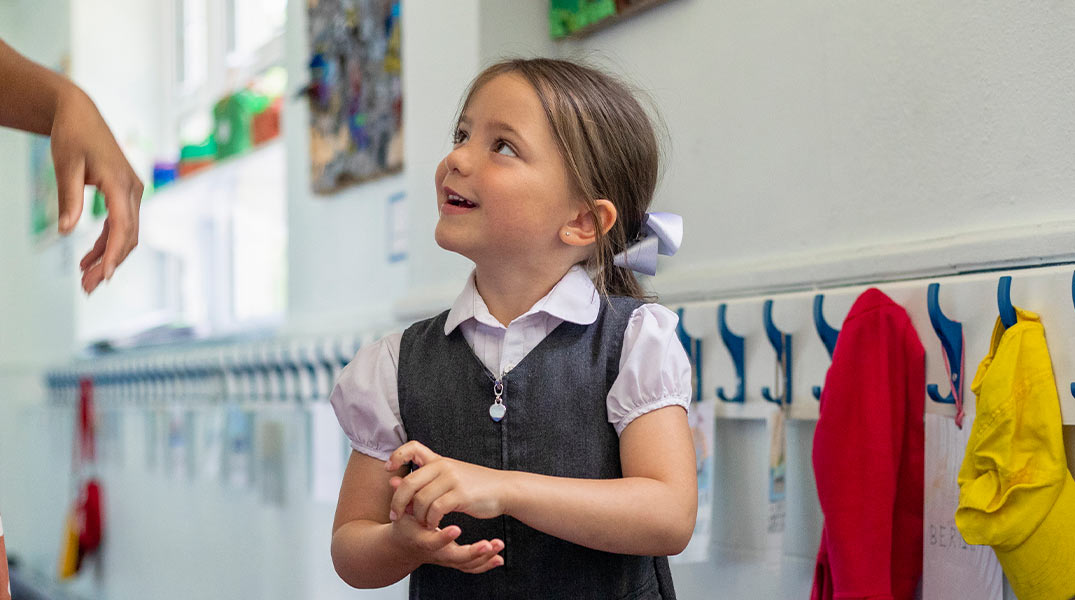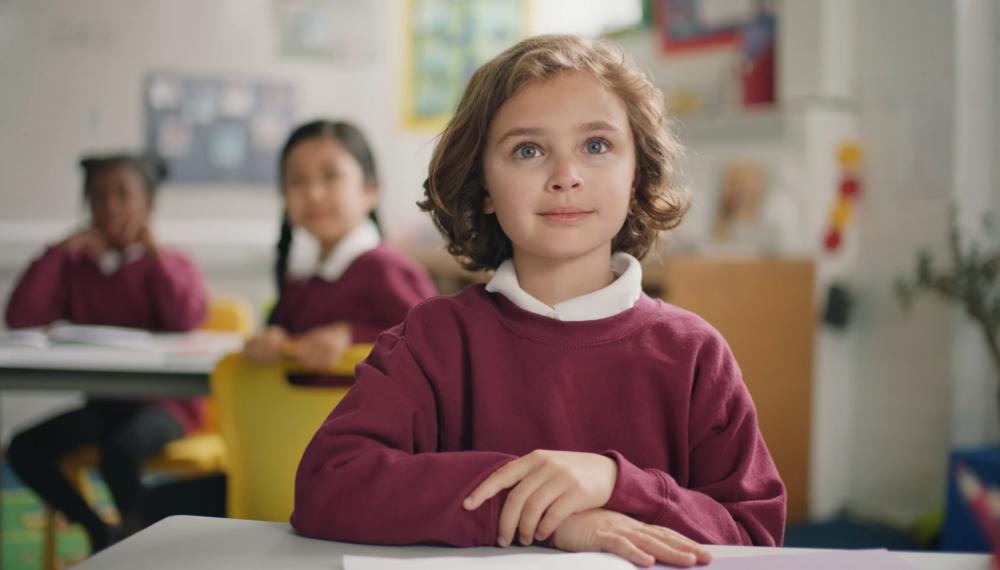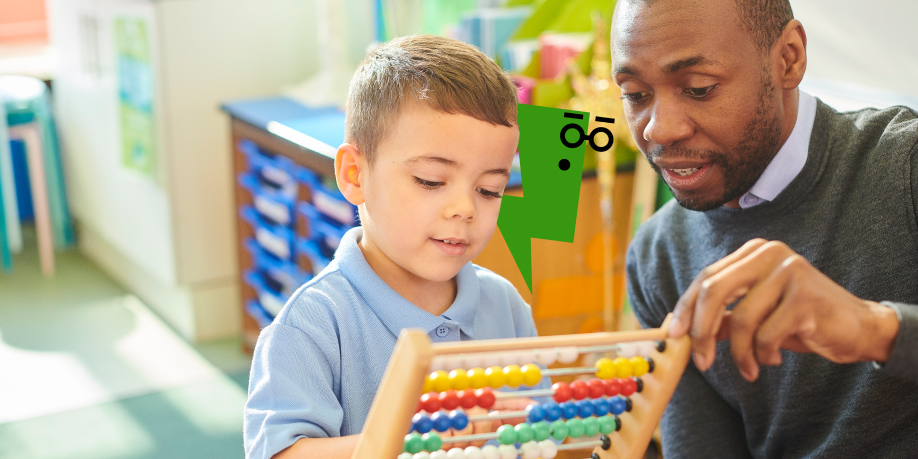DLD affects 2 in 30 children
Watch our new video and share it to help us raise awareness of this lifelong condition. #2in30

Developmental Language Disorder (DLD) is a lifelong condition affecting 2 children in every average classroom of 30 in the UK.
DLD is a diagnosis given by a speech and language therapist to people who have lifelong difficulties with talking and understanding words. These difficulties create barriers to communication or learning in everyday life and aren’t due to another condition.
Lots of children have it, yet most people don’t know about it.
Watch our new video and find out how you can help raise awareness below.
Will you stand up for young lives today?

Are you an educator?

Our vision
Read about how we worked with other organisations and people with lived experience of DLD to develop a 30-year vision for DLD in the UK.
Click here to read A vision for Developmental Language Disorder (DLD) for the UK.
Quick answers to your questions about DLD
Although it’s common, DLD isn’t very well-known. Here’s some answers to questions that people sometimes ask us about DLD.
DLD is a diagnosis given by a speech and language therapist to people who have lifelong difficulties with talking and understanding words. These difficulties create barriers to communication or learning in everyday life and aren’t due to another condition.
DLD affects around 7.6% of all children – that’s 2 children in every average class of 30 in the UK.
DLD impacts skills in talking and understanding words. However, because language is such a central life skill, people with DLD also often have difficulties in other areas such as literacy, learning, friendships, and mental health. DLD is a lifelong condition with long-term impacts.
DLD is sometimes described as a “hidden disability” because it isn’t always obvious. Sometimes, a child’s most obvious difficulty might be with behaviour, learning, literacy or friendships. If teachers or families notice a problem in any of these areas, it can be useful to have a closer look at the child’s talking and understanding of language to see if they have an underlying difficulty.
1) Access our free educator resources
Our free PDFs and videos give educators the knowledge they need to support children with DLD in the classroom. If you’re a parent, why not pass on the link to your child’s school?
2) Share our video to help raise awareness.
Post on your social media platform of choice using #2in30.
Stand up for children, including those with DLD, who struggle with talking and understanding words.
